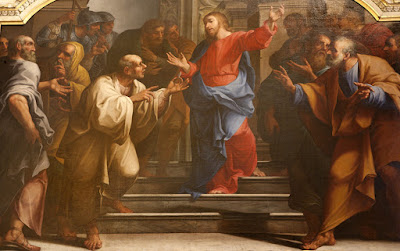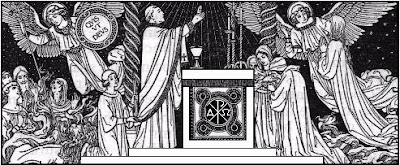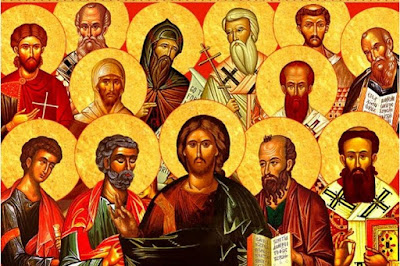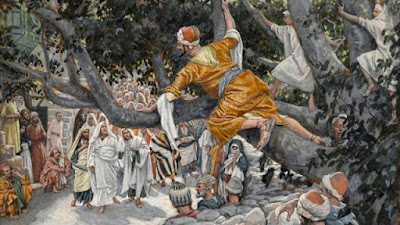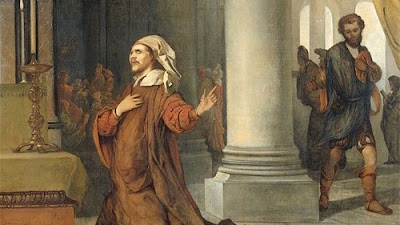Homily for the 33rd Sunday in Ordinary Time, November 17, 2019, Year C
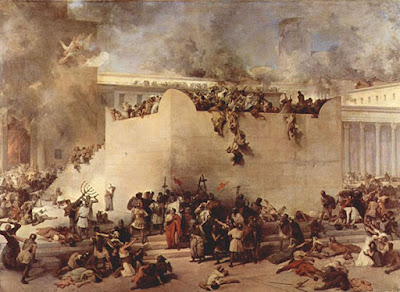
Destruction of the Temple of Jerusalem , Francesco Hayez, 1867. Fr. Charles Irvin Diocese of Lansing ( Click here for Sunday’s readings ) Who is your judge? I mean in the ultimate sense who do you look to as the judge of the true worth of your actions and your worth as a person? Some of us turn to our parents and judge our actions and our lives on their approval alone. Some of us look to peers – it is peer group judgment that is the ultimate criterion that determines our actions in life. Still others look to no one but themselves to judge the relative goodness, or lack thereof, in their choices and deeds. One of the distinguishing marks of a Christian is the fact that he or she looks forward to the judgment of God. The Christian is aware of the constant in-breaking of God into his or her life. A true Christian sees this not as a threat or in negative terms but rather sees it as a summons, a calling, or as an invitation from God for us to grow. To believe in and assert that Ch
